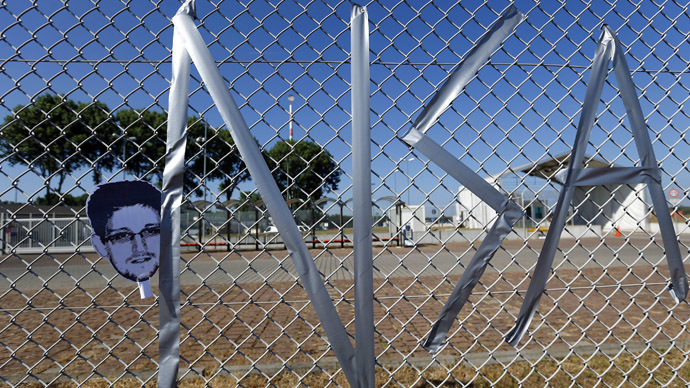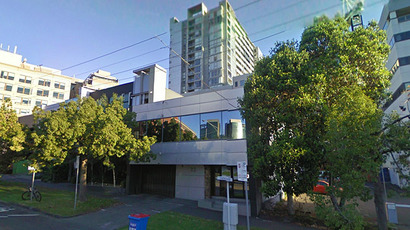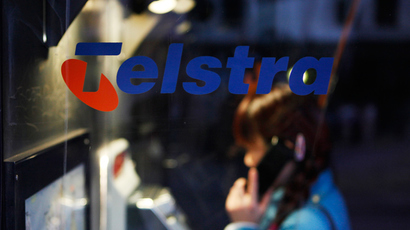Australian govt talked PRISM before Snowden revelations

Highly-redacted documents obtained under Freedom of Information laws show the Australian Attorney-General’s Department prepared a secret briefing on the US PRISM spying program months before it was exposed in Edward Snowden’s leaks.
The documents in question were requested and
obtained by the Australian Broadcasting Corporation (ABC).
They reveal that the Attorney-General’s Department had a briefing
on US PRISM spying program scheduled for March 21, and that’s
more than two months before the program’s role in US global
surveillance was exposed in reports based on documents leaked by
former NSA contractor, Edward Snowden.
The timing for the PRISM-briefing is actually the biggest news
coming out of the nine pages of paperwork made public by the
Australian government. Much of the text has been taken out,
citing national security concerns.
Among the totally blacked out things are talking points
concerning the effect of PRISM on the privacy of Australians and
also the analysis of the media reporting following the release of
the leaked NSA papers.
What’s left untouched is demands for clarification on the use of
PRISM in Australia by Greens Senator Scott Ludlam and independent
Senator Nick Xenophon.
“Interception and access to telecommunications in Australia is
undertaken strictly in accordance with the law,” is the
answer to almost every question asked.
"The Australian Government has tried to be completely opaque
about this,” Ludlam reacted to the papers’ release. “Our
attorneys-general, either of the Labor or the Liberal variety,
will just wave their hands and say 'national security', and
that's meant to make you stop asking questions."
According to Edward Snowden’s leaks, made public in June,
Australia is one of the “Five Eyes” – an alliance of
intelligence-sharing countries which also include Canada, New
Zealand, the United Kingdom and the US.
The report on Australia’s role in US surveillance in the Brazilian newspaper O
Globo pointed at four facilities in Australia which contributed
heavily to US spying.
In the wake of the NSA scandal, a surveillance deal struck between Australia’s largest phone
company, Telstra, and the FBI was disclosed.














